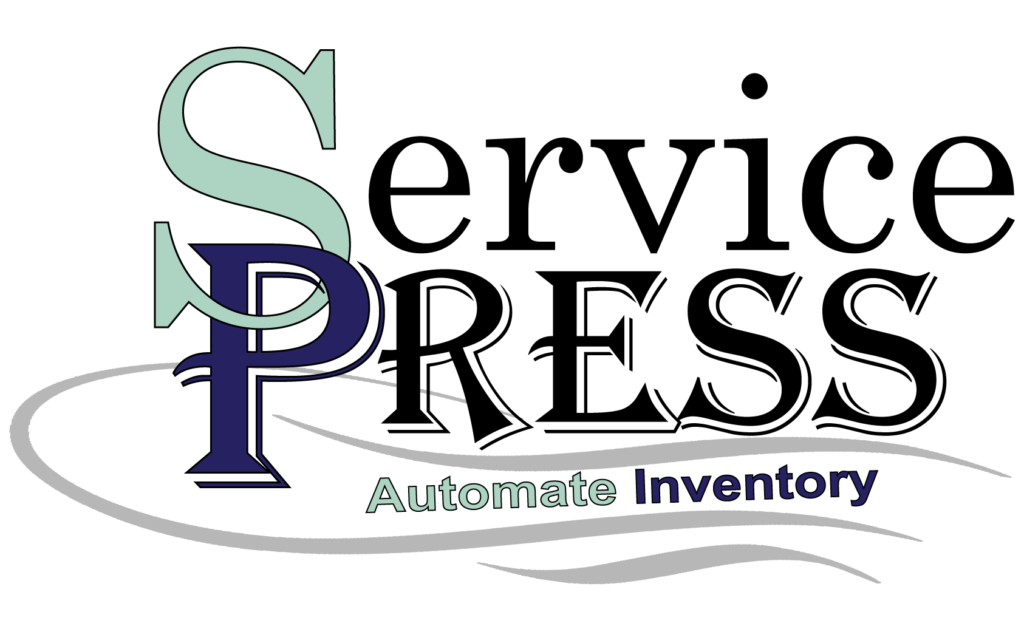Given October is CyberSecurity Awareness Month, bad actors will do bad actory things. Wordfence posted an article on the possibility of a hidden hack that will provide backdoor access to those bad actors. WordPress is still the largest and most popular platform for CMS, however, with great popularity comes great responsibility, especially when it comes to security. The recent discovery by Wordfence has shed light on a concerning issue – backdoor access masquerading as a legitimate plugin.
In this article, we will delve into this topic from the perspective of ServicePress. We will explore the implications and provide insights on how to safeguard your WordPress site from such vulnerabilities, and by enhancing ServiceNow with the application ServicePress, can reduce the strain on your System Admins by giving access to the Service Desk to analyze the sites and report back to the owners of the servers, which site to fix.

Backdoor access can be a gateway for malicious actors to infiltrate your website, potentially leading to data breaches, site defacement, and other harmful activities. WordPress users need to recognize the gravity of this issue, as their websites often handle sensitive customer information and financial transactions.
What to Look for
The plugin itself might not be a problem, but some of the code inside the plugin IS. Don’t look for a specific plugin, look for specific CODE. Here are some of the screenshots from WordFence to look out for.
A Closer Hook
Note: ALL code functions starts with _pln





What you can do
Protecting Your WordPress Powered Website
- Plugin Verification: Always scrutinize the plugins you install. Choose reputable sources and verify the credibility of the developers. WordPress users should be especially cautious and ensure that the plugins they use are well-maintained and regularly updated.
- Regular Audits: Conduct routine security audits on your website. Utilize security plugins and services like Wordfence to scan for potential threats and vulnerabilities.
- Updates and Patch Management: Keep your WordPress and WooCommerce installations up to date. Security patches are often released to address known vulnerabilities, and timely updates can help protect your site.
- Monitoring and Incident Response: Implement a robust monitoring system to detect suspicious activities. Be prepared with a well-defined incident response plan in case of a security breach.
- User Permissions: Limit access to your site to only those who require it. Reduce access to those who don’t need admin or editor.
ServicePress Provides Insight
Understanding what is on your Network depends on your security procedures. Who has access to what? How much can they do? If you give each admin access to install plugins on their own site, you are potentially allowing plugins that shouldn’t be there. How can you as an organization review that many sites without getting a Windows/Linux System Admin to run a script to scan every directory in the tree of networked sites?
Well, ServicePress can narrow that down based on all of the sites installed. You can then have your ServicePress Administrator go and check which sites might have those possible Caching plugins and can better help serve the incident to the WordPress team. This is not about having the right information, it’s having ANY information so that you can quickly track what might be the problem. Everything is meta until you provide the context for that metadata.

The discovery of a backdoor access masquerading as a legitimate plugin in WordPress is a stark reminder of the need for vigilance in the digital world. ServicePress, as a WordPress and WooCommerce integration for ServiceNow, underlines the importance of maintaining strong security measures. By being proactive, conducting regular audits, and staying informed about potential threats, you can protect your website and the valuable data it hosts. In the age of rapidly evolving cyber threats, the mantra remains clear: Look deeper, stay secure, and safeguard your digital presence.


